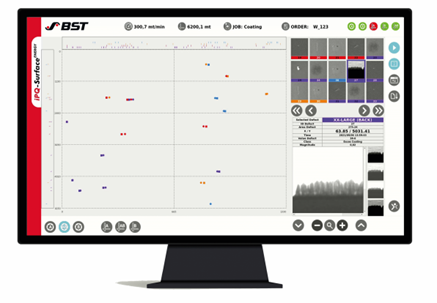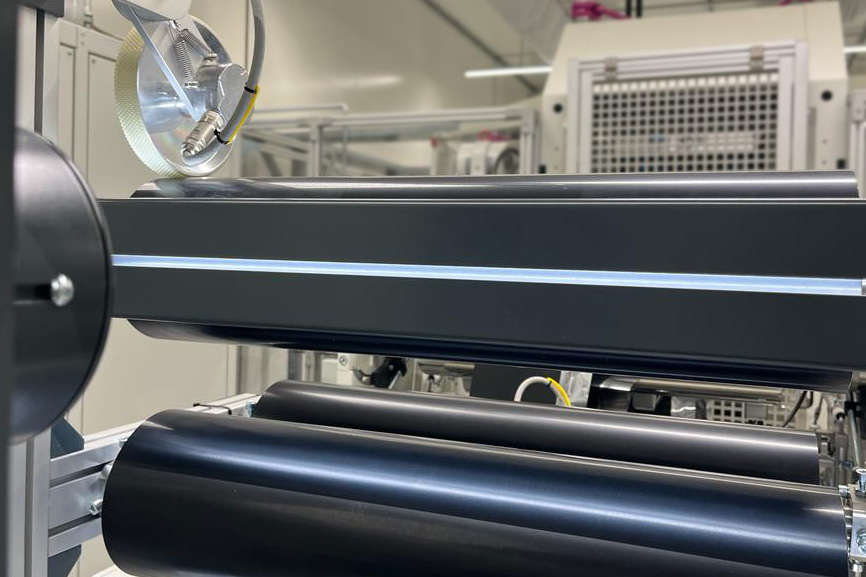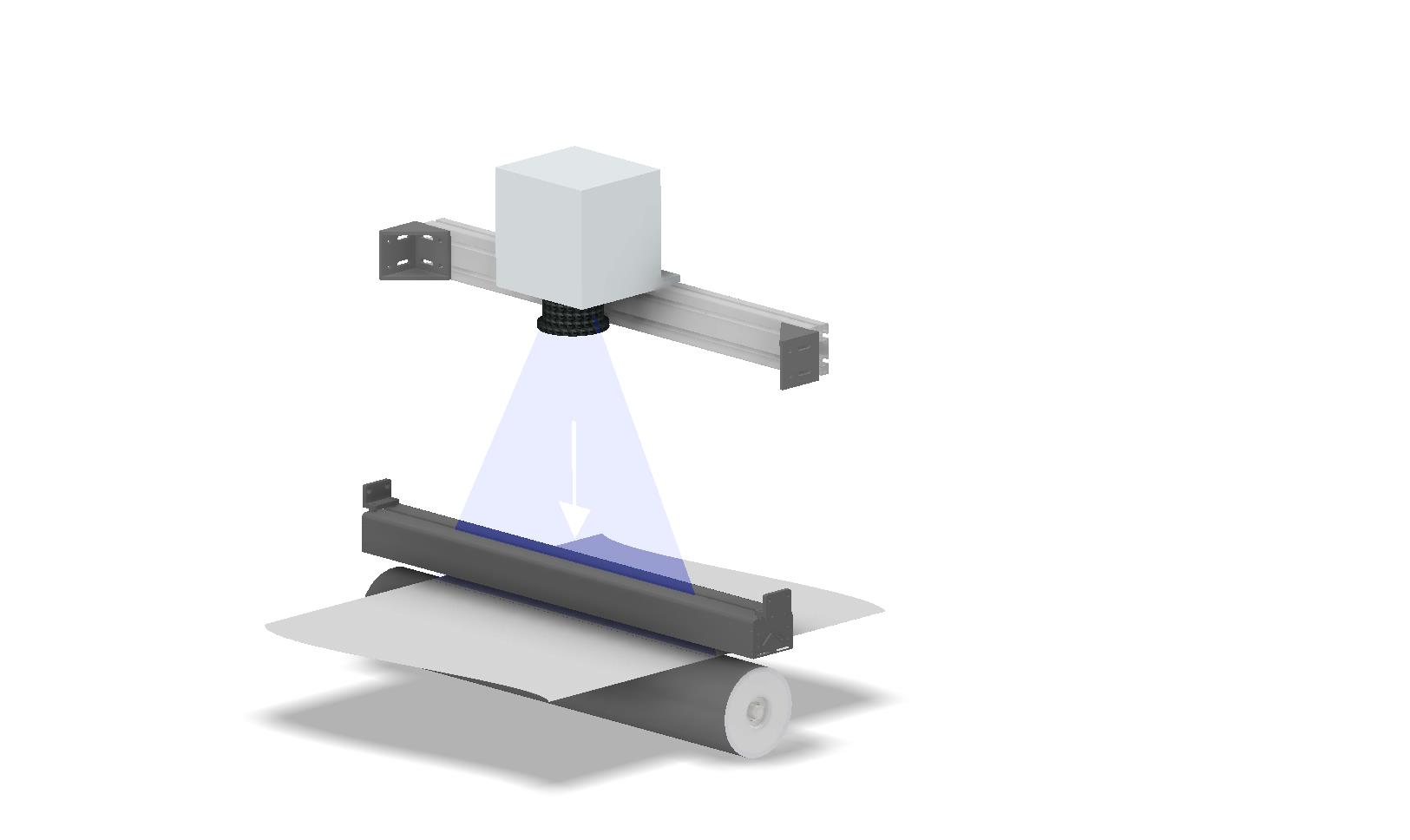Whether wrinkles, agglomerates, particles, pinholes or dropped off coating - numerous defects can occur on the material webs in the complex process of electrode production and cell assembly. The iPQ-Surface ENERGY high-end inspection system has been tailored to the specific requirements of the battery industry and enables the reliable detection and classification of even the smallest quality deviations. This ensures that downstream processes are not impacted and that a flawless and safe end product can be created. To increase overall system efficiency for customers and reduce rejects to an absolute minimum, BST has further developed the tried-and-tested system: the outstanding light output of the improved multiplex illumination now enables even better defect detection. At the same time, the need for complex water cooling has been eliminated. The mechanical design has also been optimized: Thanks to the increased web spacing, there are no more conflicts with infeed chains. In addition, the new iPQ-Surface ENERGY is even more compact and space-saving than its predecessor.
Four-line 16k multiplex camera sets new standards in the market
Compared to other inspection systems on the market that only use a camera with single illumination or in-house developed smart cameras, the innovative BST iPQ-Surface ENERGY system stands out with its 16 K pixel camera with four-line sensor and combined special multiplex illumination. In contrast to two-line cameras, the four-line 16 K pixel camera achieves double the light yield and therefore delivers a significantly higher information content of the image - an essential prerequisite for reliable defect detection and classification as well as a high-quality end product. iPQ-Surface ENERGY detects all relevant defects even on the darkest coatings. As the multiplex camera records each area simultaneously from four different perspectives in different illumination scenarios, it also ensures that defects are clearly visible and distinguishable and that there is no spatial shift in perspective, as is the case with two-line systems. This enables not only a detailed inspection of the coating, but also of the substrate, providing a comprehensive insight into the product quality.
The most advanced technology in the smallest space
In addition to flexibly adaptable illumination scenarios, reliable inspection results also require high-speed image capturing. In order to record even the highest web speeds in maximum resolution, BST uses only the latest, currently fastest camera technology in the world. Another decisive advantage of the revised iPQ-Surface ENEGRY results from the new, more compact design of the system: the smallest possible installation space for integrating the inspection solution into the machine is crucial for reducing costs when complying with the dry room requirement or after slitting.
A system that moves with the times: AI that learns and continuous development for even higher efficiency
In addition to high-quality hardware, iPQ-Surface ENERGY is characterized by smart software: Using the SMARTData interface, the inspection system can communicate with other BST solutions, such as SLITTINGControl or COATINGControl. This optimizes the control of cutting and coating processes. AI is an integral component of BST iPQ-Surface ENERGY to ensure particularly efficient and, above all, scalable defect detection and classification. Customers can teach the inspection system defect classes, which are then automatically assigned with increasing precision over time.
"The battery sector, especially the e-mobility industry, is subject to constant change and progress. In order to keep up with this rapid pace and be fit for the future, quality assurance systems must also be continuously developed," explains Jan Jostmeier, Product Manager at BST. "In this sense, our declared goal of making production processes as efficient and sustainable as possible is never complete, but is continued every day and adapted to the increasing demands of the industry. We pass on every further development directly to our customers, helping them to perfect the entire battery cell production process and save many thousands of tons of material waste over the years."


